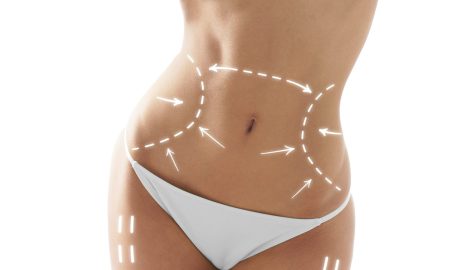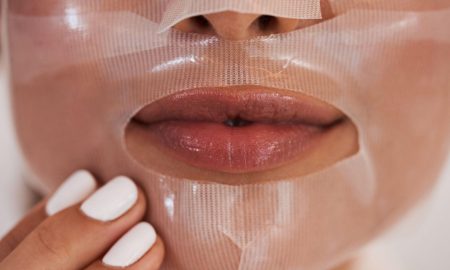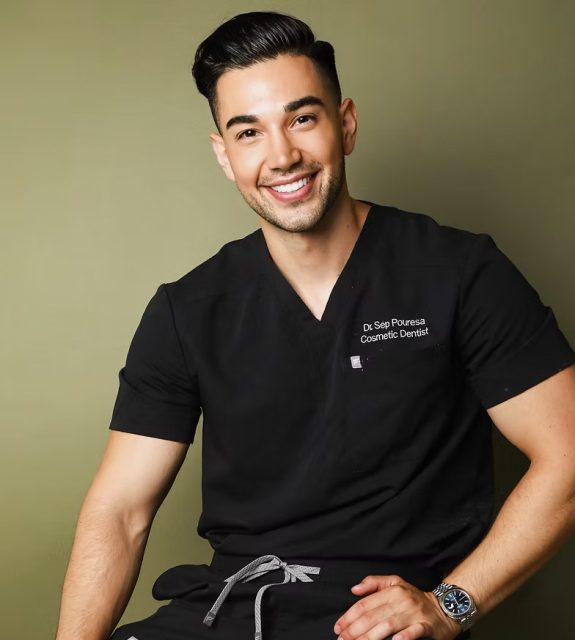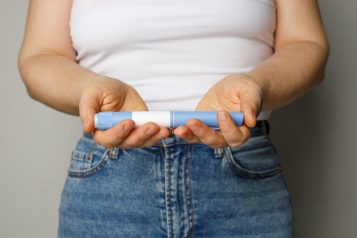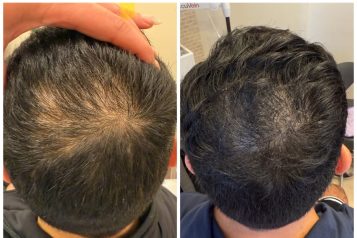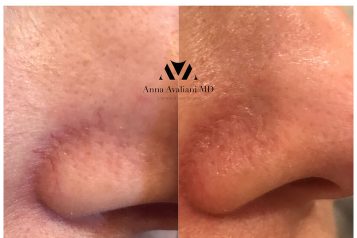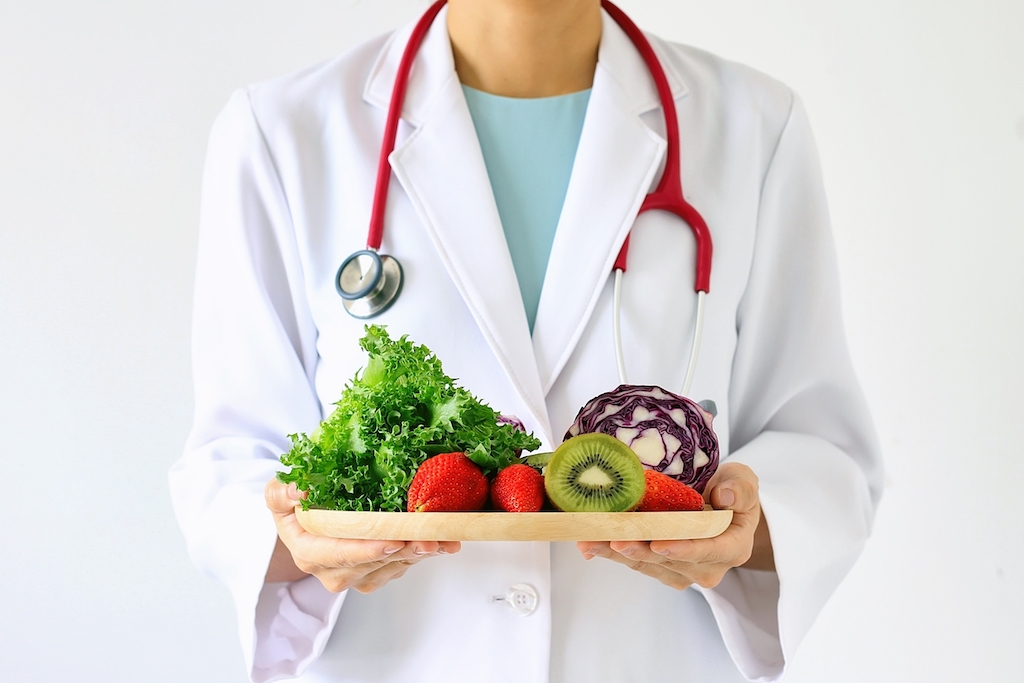 Photo Credit: Shutterstock
Photo Credit: Shutterstock
The process of wound healing is a complex interplay between numerous cells in our body including inflammatory cells and growth factors in order to rebuild the body’s damaged tissues through collagen formation.
One of the most crucial aspects of wound healing optimization is one that is generally not discussed often: the patient’s diet. Since most medical schools place very little emphasis on nutrition in their curriculum, many physicians today fail to consider the importance of diet when it comes to wound healing, and thus many patients are not properly advised on this topic.
Throughout Haute Beauty expert Dr. Edward Chamata's surgical training, he gained a personal interest in learning more about nutritional science as he saw that many of the patients who struggled with wound healing issues post-op also suffered from medical problems such as diabetes, obesity, or other chronic diseases. These are all known conditions that affect wound healing, and since many of these medical problems can be prevented or reversed with dietary modification, he realized the importance of instilling these dietary changes early in the pre-operative period in order to optimize outcomes.
Here Dr. Chamata created dietary recommendations based on the positive health effects they’ve had in his own life and the positive effects they seem to have on my patients who choose to follow them. These changes have set his patients up for success in terms of achieving an enhanced recovery with ideal cosmetic outcomes.
Ideally, surgical patients would start these lifestyle changes in the pre-operative period and continue them post-operatively for a minimum of 6 weeks during the most crucial aspects of the wound healing process. Ideally, these lifestyle changes would then become a part of their daily routine because of their positive impact on health and overall well-being. Dr. Chamata shares these tips with you in hopes that you too will benefit from these lifestyle changes. His dietary recommendations for optimizing wound healing fall into two categories:
 Photo Credit: Shutterstock
Photo Credit: Shutterstock
1. Decrease inflammatory foods in your diet.
Believe it or not, many of the foods we eat today are actually highly inflammatory to our body. So why is inflammation bad? When our body is in a state of inflammation (for any reason such as when fighting a cold, dealing with any disease, or in this case because of the food we consume), a significant amount of energy and nutrients are being used by the body to deal with the inflammation and restore the body to its baseline state. Nutrients then become depleted and less are available to heal a surgical wound.
These inflammatory foods also create issues in our digestive system and actually stop normal absorption of the needed nutrients into our body, so we become nutrient deplete.
5 inflammatory foods everyone should eliminate from their diet:
- Vegetable oils & seed oils (Including Canola Oil, Soybean Oil etc).
- Refined sugars (Including high-fructose corn syrup, sodas, and any food product with “sugar” on the ingredient list).
- Gluten products (Including wheat, flour, pasta, bread, etc).
- Processed foods (Including packaged items such as chips, cookies, etc).
- Foods that cause you gastrointestinal irritation such as heartburn, bloating, diarrhea, etc. You must actively pay attention to see which foods are causing these symptoms. To many, common culprits are tomatoes, leafy green vegetables such as kale, and legumes such as beans.
Simply by eliminating these foods, many have reported improvement in weight, mood, energy, and improvement in chronic disease such as diabetes, high blood pressure, and auto-immune disease!
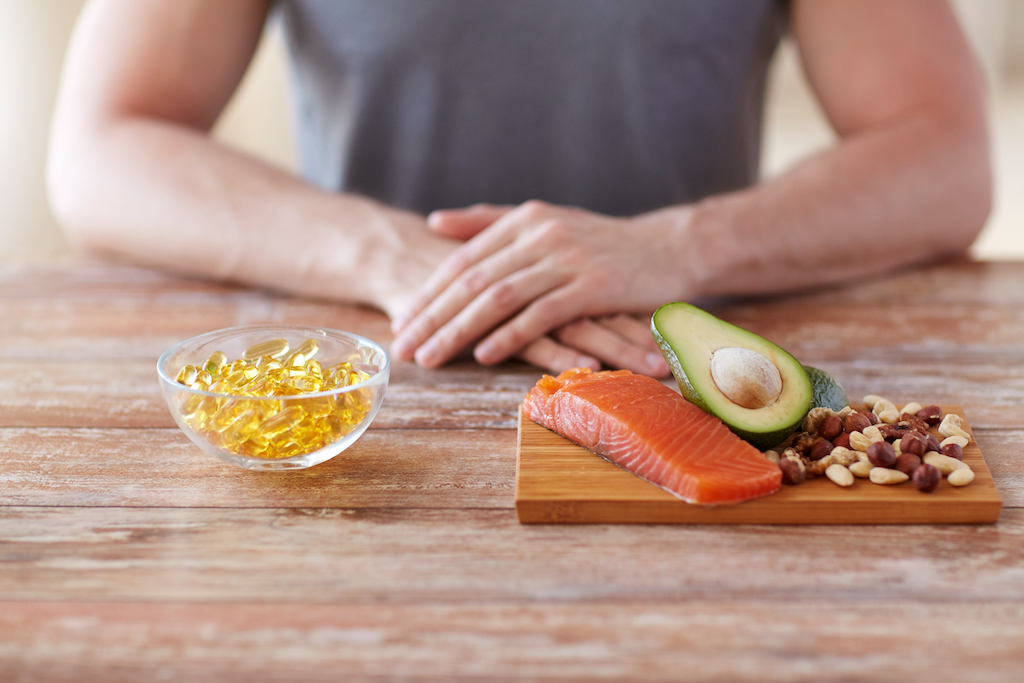 Photo Credit: Shutterstock
Photo Credit: Shutterstock
2. Increase consumption of nutrient-dense foods.
For proper wound healing, a multitude of vitamins, minerals, and amino acids are needed to repair the body and build collagen. Many of us don’t consume nutrient-dense foods and thus don’t get those necessary nutrients for optimal wound healing. The modern diet is generally carb-heavy, consisting largely of foods such as bread, rice, and potatoes that have low nutritional benefit.
5 tips for optimizing nutrient intake:
- Eat a variety of protein-rich foods (Beef, fish, chicken, eggs, etc). This is the most important aspect of your meal and will provide you with a wide range of nutrients such as vitamins, minerals, and amino acids.
- Limit carb sources to organic, non-processed foods such as fresh fruit and honey. (Pesticides may damage your health).
- Eat healthy fats (Avocado, olives, animal fats, coconut, and dairy if tolerated).
- Eat whole foods without artificial preservatives. (Preservatives may damage your health). General rule of thumb: just choose foods that don’t come with an ingredient label.
- If you use oil for cooking, choose cold-pressed avocado oil, extra virgin olive oil, coconut oil, butter, or animal fat instead of processed vegetable oils or seed oils.
If making all of these modifications at once seems a bit overwhelming, start by making small changes and gradually try to incorporate more of them into your life. After a few weeks of adhering to these tips, you’ll start seeing significant improvements in your health and well-being, and you won’t miss the unhealthy food you once craved!











